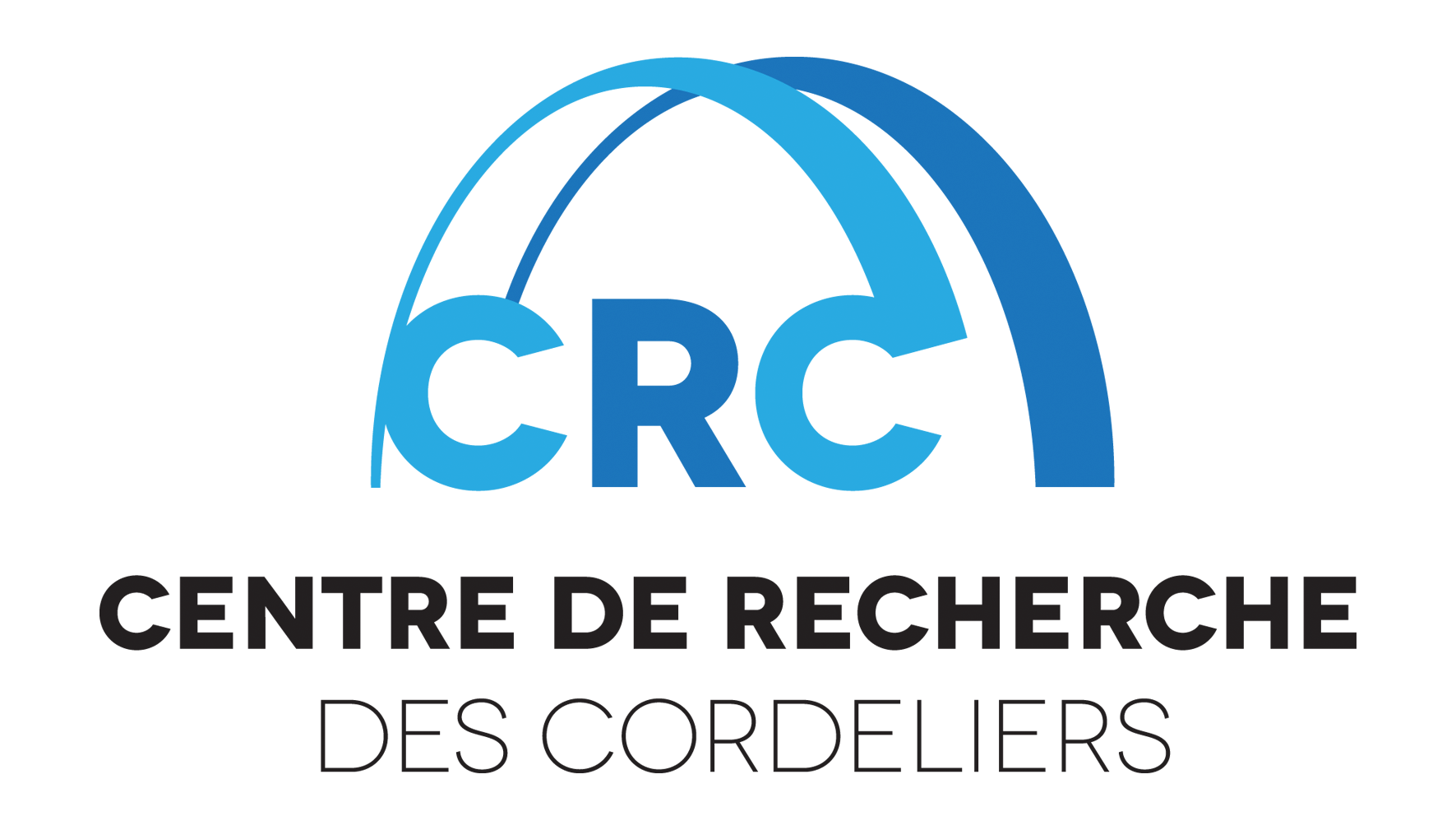By : Shoukat Dedhar (University of British Columbia, Vancouver)
Date : Wednesday 25 September 2024
12:30 PM - 1:30 PM
Place : Amphi Farabeuf
Summary :
Neutrophil extracellular traps (NETs) are an important contributor to the immunosuppressive tumor microenvironment and facilitate metastasis of solid cancers. Here, we have interrogated whether ILK, an important contributor to epithelial to mesenchymal transition (EMT), is required for NET-induced metastasis in pancreatic ductal adenocarcinoma (PDAC). Consensus clustering of a NET-related gene set in an integrated cohort (n = 369) of resectable and metastatic PDAC patient tumor samples identified NET gene signatures that are significantly correlated with ILK expression. Clustering of the samples using these NETs gene signatures identified a group of ILK-high, NET signature-high, ITGB1-high patients associated with very poor prognosis in both resectable and metastatic PDAC. Pathway enrichment analysis showed that this group is highly enriched for the EMT pathway. Functionally, exposure of PDAC cells to NETs induces pseudopodia-like protrusions, increases migration and invasion, upregulates markers of EMT, including ZEB1 and Snail, and increases GSK3-β phosphorylation and Rac1/Cdc42 activation. RNAi-mediated suppression of ILK expression or pharmacologic inhibition of ILK activity significantly inhibits these parameters. In vivo, immunofluorescence staining of ILK-expressing PDAC tumors and metastases for myeloperoxidase and citrullinated histone H3 show the presence of infiltrating neutrophils and NETs. Importantly, doxycycline-inducible shRNA-mediated suppression of ILK expression by luciferase-positive PDAC cells following injection through the tail vein of mice administered LPS intranasally results in a significant reduction in metastatic colonization., compared to control animals. Our data identify a NET-induced Integrin-ILK- EMT axis as an important contributor to PDAC progression and suggest the potential for targeting this axis to prevent PDAC progression and metastasis.
Biography:
Dr Shoukat Dedhar (PhD, FRSC) received his PhD from the University of British Columbia (UBC), Vancouver, Canada in 1984. He carried out a Postdoctoral Fellowship in the laboratory of Dr. Erkki Ruoslahti at the Burnham Institute, in La Jolla, California, USA.
Dr Dedhar is a Distinguished Scientist at the BC Cancer Agency and Professor in the Department of Biochemistry and Molecular Biology at the University of British Columbia, Vancouver, Canada.
Dr Dedhar has received several awards and prizes: the Distinguished Scholar award from the Michael Smith Foundation for Health Research (MSFHR) ,the Terry Fox Cancer Research Scientist award of the National Cancer Institute of Canada ( NCIC), UBC Distinguished Medical Research lecturer Award, the Canadian Cancer Society Robert L Noble Prize (2013) for “Outstanding achievement in Cancer Research”, as well as the 2018 UBC Killam Research Prize.
He was elected Fellow of the Royal Society of Canada in 2018
Dr. Dedhar has pioneered a large body of work in the cellular and molecular biology of cell-extracellular matrix interactions. He is the discoverer of Integrin-Linked Kinase (ILK) which is an essential protein involved in the regulation of Integrin function and Integrin- and growth factor-mediated signal transduction.
Dr Dedhar’s more recent work has involved establishing novel mouse models of cancer metastasis. These models have led to significant insights into the roles of tumour microenvironment and hypoxic stress as driving forces for metastatic potential. Dr Dedhar’s research in this area has led to the identification of Carbonic Anhydrase IX ( CAIX) as a therapeutic target in aggressive forms of breast cancer, brain cancer ( glioblastoma) and pancreatic cancer. He has pioneered the development of a new inhibitor of CAIX, which has completed a Phase 1 clinical trial and is currently being evaluated in Phase Ib/II clinical trials
Dr. Dedhar is an author of over 240 peer- reviewed papers review articles, (h-Index: 92) and inventor on 24 patents.
All seminars
